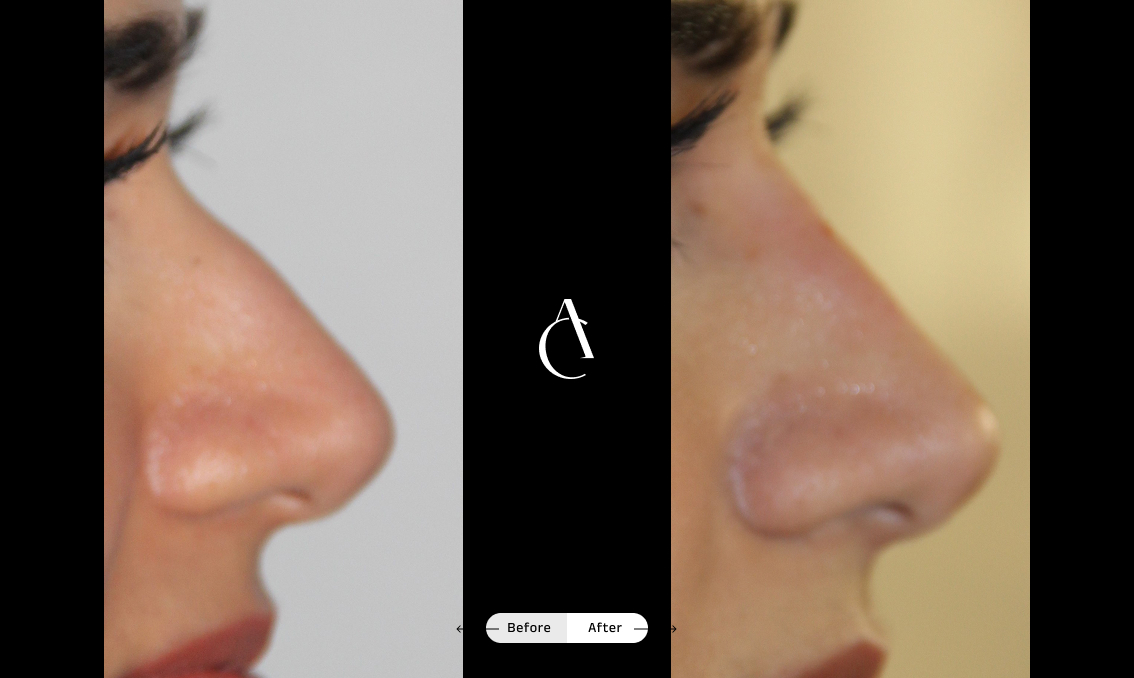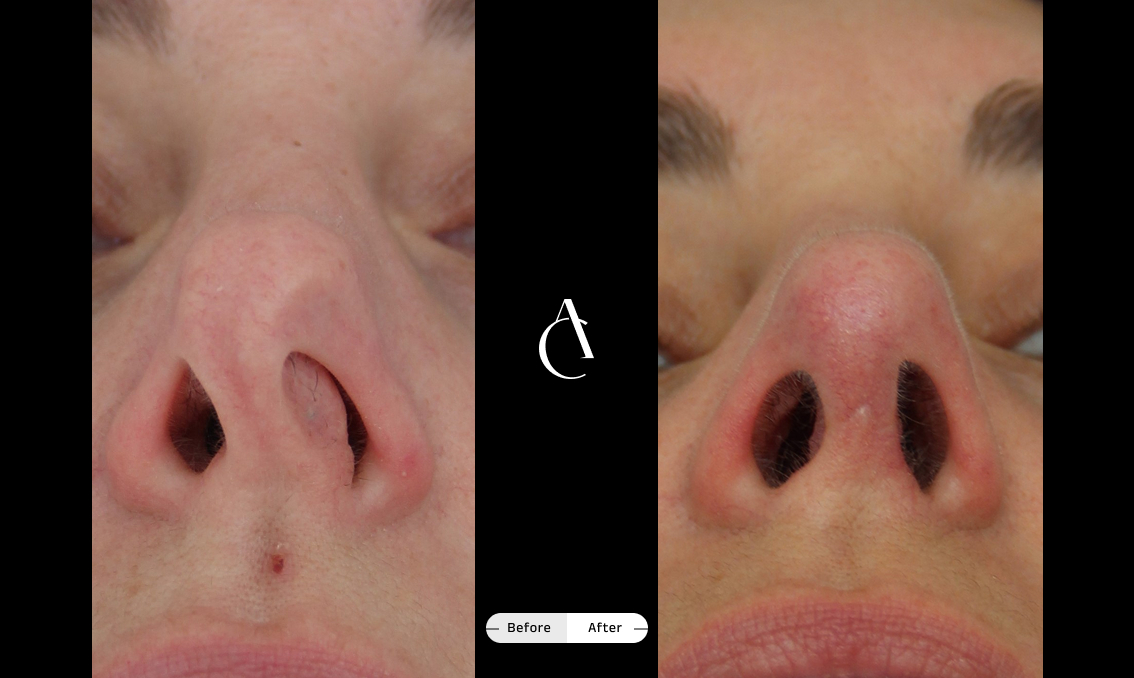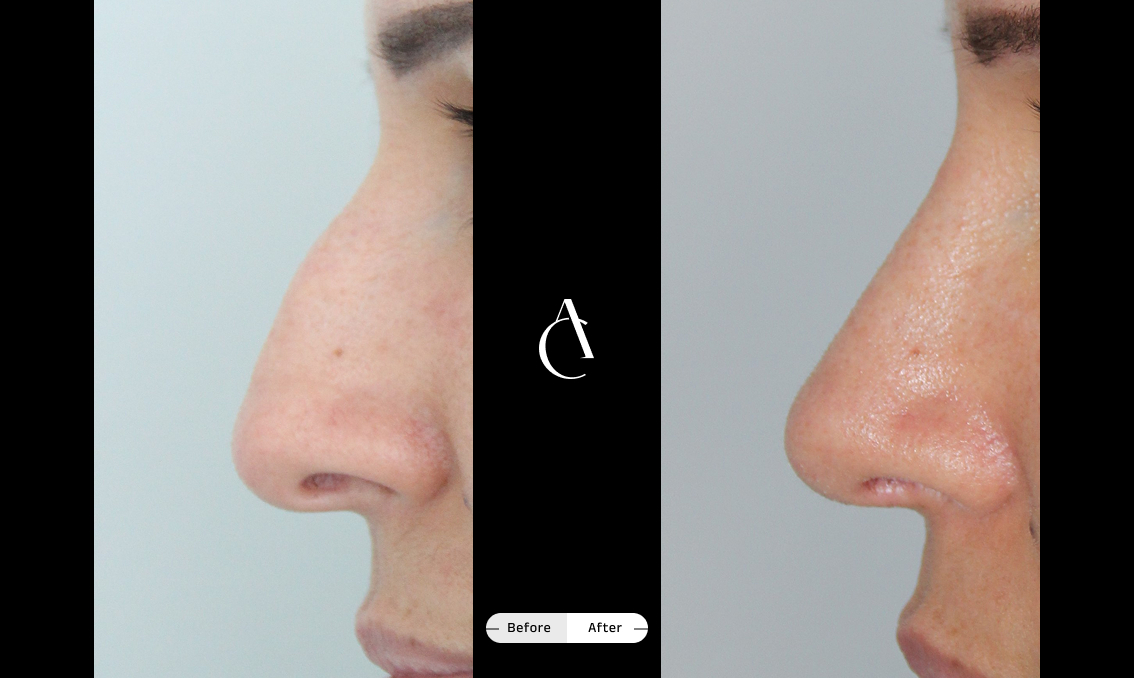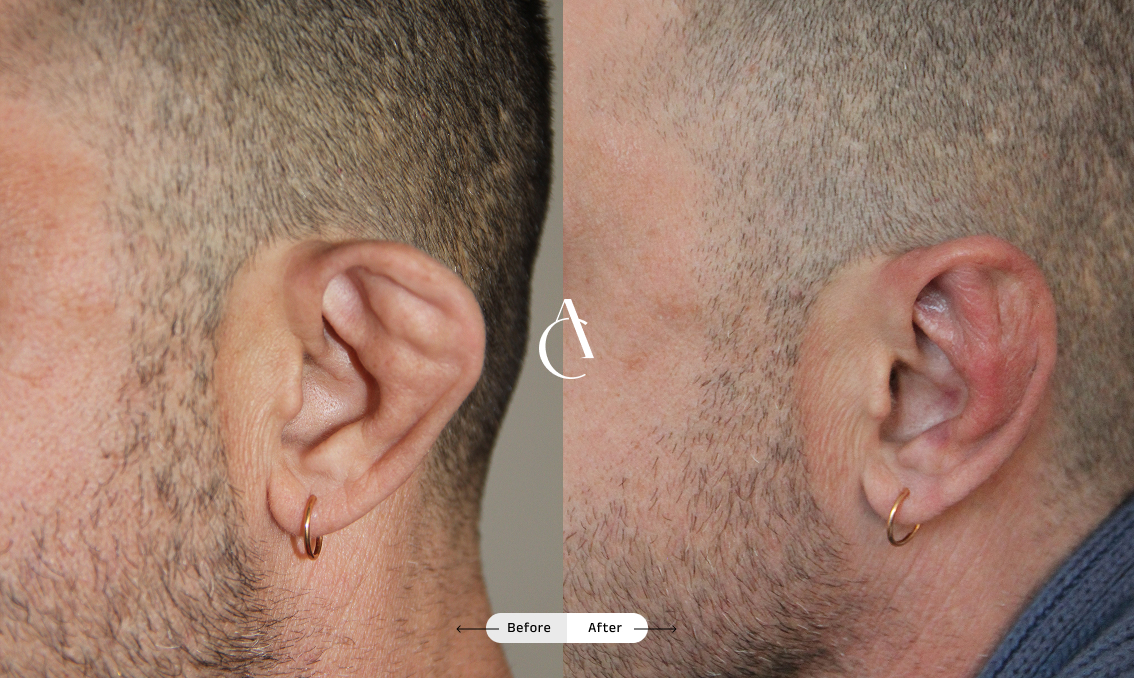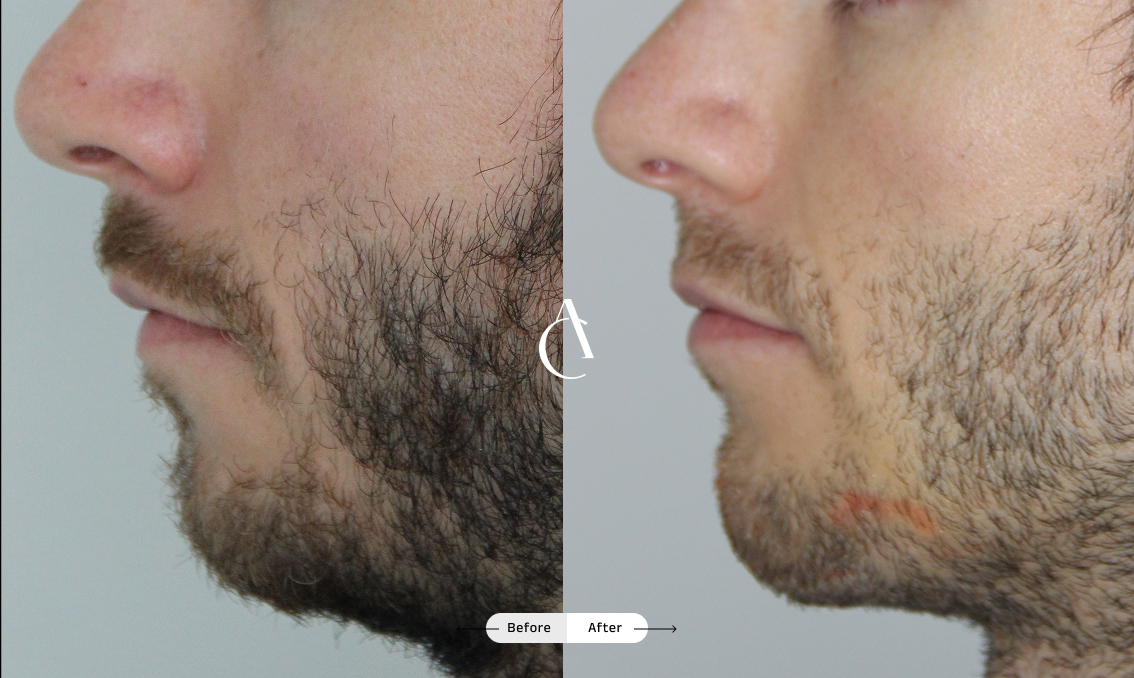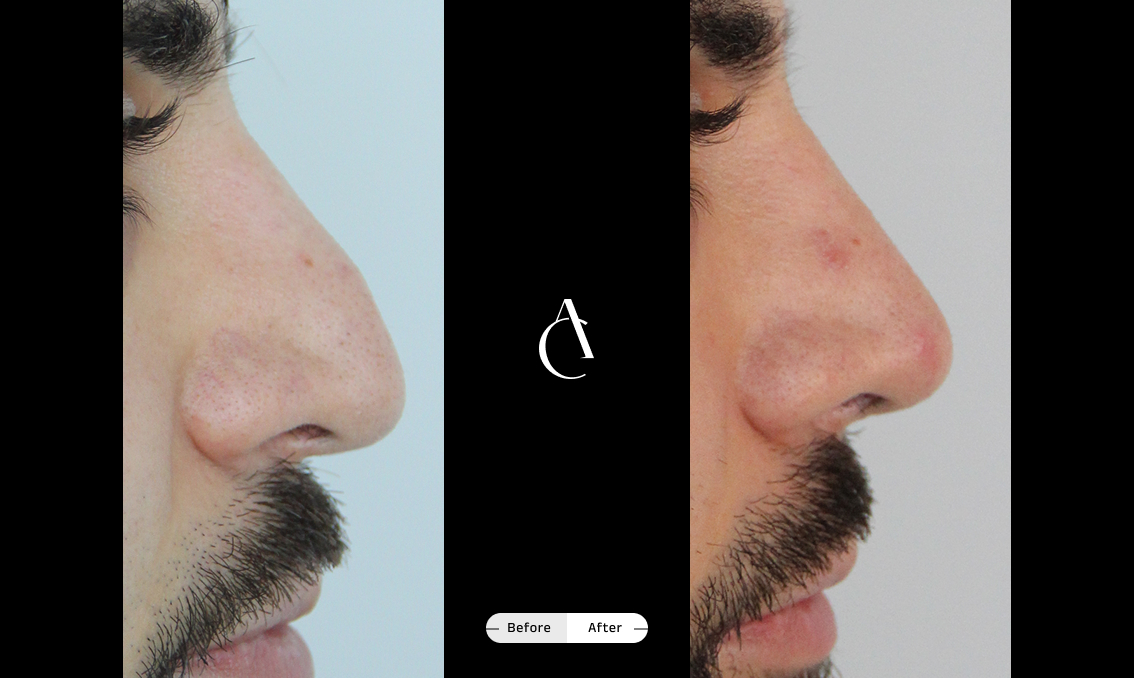In this article, we’ll look at the small changes to your lifestyle, diet, medication and mindset that you can make in the run-up to your surgery to give it the best possible chance of success.
How to prepare for your rhinoplasty consultation
Your rhinoplasty preparation begins before your surgery, at your consultation. You can get the most from this appointment by:
- Being clear about your goals – bring photos of noses you like and don’t like so that your surgeon can clearly see what you have in mind
- Prepare your questions – write down a list of everything you want to ask about the procedure, such as anesthesia, recovery time, risks and outcomes, so you don’t forget anything
- Share your full medical history – including any surgery you’ve had before, any allergies you suffer from and any medications you’re on
This is your chance to meet your surgeon and ensure you’re happy with their approach, so it’s an important meeting.
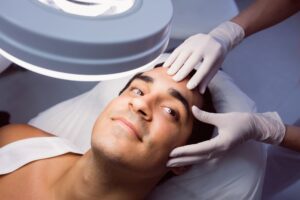
Images source: Freepik
10 dos and don’ts before your rhinoplasty surgery
1. DO stop smoking and avoid alcohol
It’s a good idea to stop smoking at least two to four weeks before your surgery, and avoid drinking alcohol for at least a week before and after. This is because both these activities can affect healing: alcohol can thin your blood, meaning worse bruising, while nicotine restricts blood flow, increasing the risk of complications.
2. DON’T take blood-thinning medications or supplements
Certain medications and supplements can increase your risk of bleeding, so make sure your surgeon knows if you’re taking any so that they can advise on which ones you should pause before you undergo surgery. This might include aspirin, ibuprofen and certain supplements, such as vitamin E and fish oil.
3. DO prepare your home and recovery space
Get your home ready for your recovery before you even leave for the clinic by preparing a quiet, comfortable corner where you can relax and recuperate. You’ll need extra pillows to keep your head elevated, along with essentials such as soft foods, ice packs and saline spray.
4. DON’T schedule last-minute skincare treatments
Facials, peels and other skin treatments are best avoided in the days before rhinoplasty surgery, as your skin will need to be clean and irritation-free to heal properly and lessen the risk of infection.
5. DO wear loose, front-opening clothing on surgery day
After your surgery, you won’t want to be wearing anything that’s going to bump or rub your nose as you take it off, so pick out shirts or jackets that have buttons or zips down the front, rather than ones you have to remove over your head.
6. DON’T wear makeup, nail polish, or jewellery
Your surgical team need to maintain a sterile environment to reduce the risk of infection during surgery, and also need to monitor your oxygen levels, so that makes any kind of cosmetics and jewellery a no-no. Come to the clinic with a clean, makeup-free face, and remove your nail polish.
7. DO arrange transport and support
You’ll need someone to take you to and from the clinic, as you won’t be able to drive yourself home. If at all possible, have them stay with you for the first 24 hours to keep an eye on you.
8. DON’T ignore your surgeon’s instructions
Everyone’s different, and your surgeon’s pre-op instructions are personal to you. They may include specific fasting rules, medication changes or skincare advice, so be sure to follow them carefully.
9. DO stay hydrated and eat balanced meals
In the run-up to your surgery, drink plenty of water and eat nutritious meals to keep your body in the best possible condition ready for surgery.

Images source: Freepik
10. DON’T leave your questions unanswered
Always ask your surgeon if you have any questions about any part of your rhinoplasty journey, from prep to recovery, as this will help ease stress or uncertainty.
What to do the day before rhinoplasty
Rest is key the day before your surgery. You’ll also need to fast, which usually means not drinking or eating anything after midnight. A gentle shower with antibacterial soap and a hair wash will help make sure your skin is nice and clean, minimising the risk of infection. After your shower, steer clear of lotions, perfumes and deodorants, and get a good night’s sleep so that you’re rested and ready for your procedure.
What to do the day of rhinoplasty
On the morning of your surgery, arrive at the time your surgeon has given you and wear the loose-fitting clothes we talked about earlier. Remove any jewellery and contact lenses, and only take with you the paperwork, ID and insurance details your surgical team has asked you to bring.
If you’re feeling nervous, that’s normal, but try to relax in the knowledge that you’re in the hands of a capable team. You could try some deep breathing or mindfulness exercises to help calm any pre-surgery jitters.
Final checklist: rhinoplasty prep essentials
- Stop smoking and alcohol in advance
- Avoid blood-thinning medications and supplements
- Prep your home recovery space
- Stock up on soft foods, ice packs and extra pillows
- Arrange transport and post-surgery care
- Follow fasting instructions carefully
- Take a last shower with antibacterial soap
- Wear front-opening clothing
- Remove makeup, jewellery and nail polish
- Keep your mindset positive and calm
Book your rhinoplasty consultation with Dr. Cuno today
As with most things in life, proper preparation makes all the difference in your rhinoplasty journey. Following these tips will give you the best possible chance of success, as well as a more comfortable recovery.
If you’re exploring the possibility of rhinoplasty surgery, the first step is a personal consultation with Dr. Cuno at his clinic here in Geneva. Your path to natural, balanced results starts here: book your appointment with Dr. Cuno today.
Images source: Freepik


